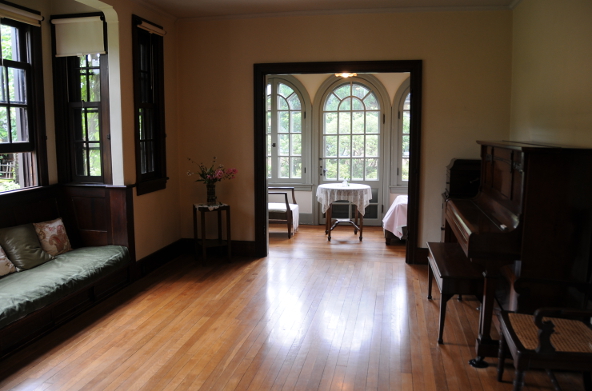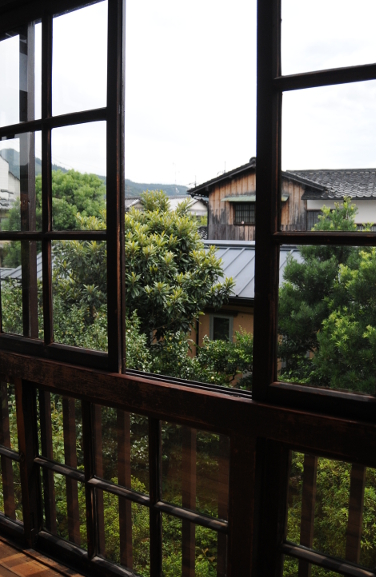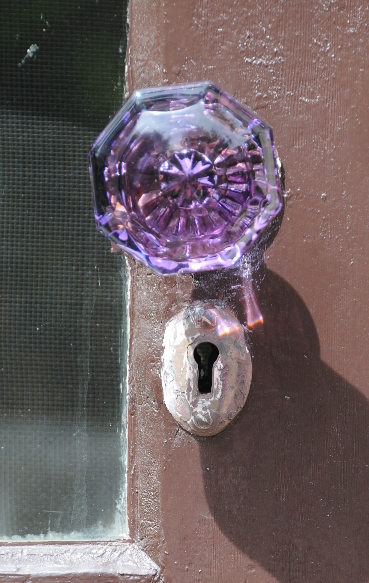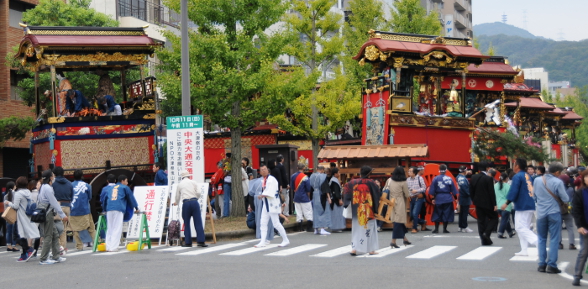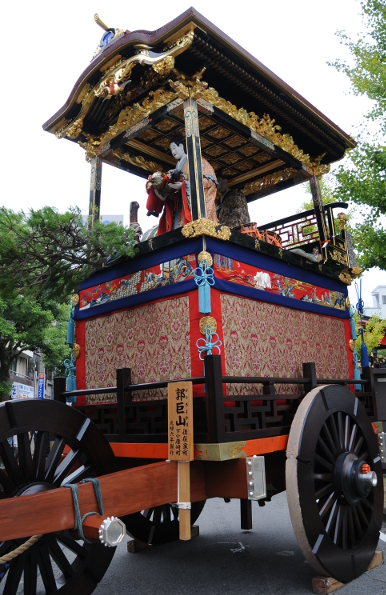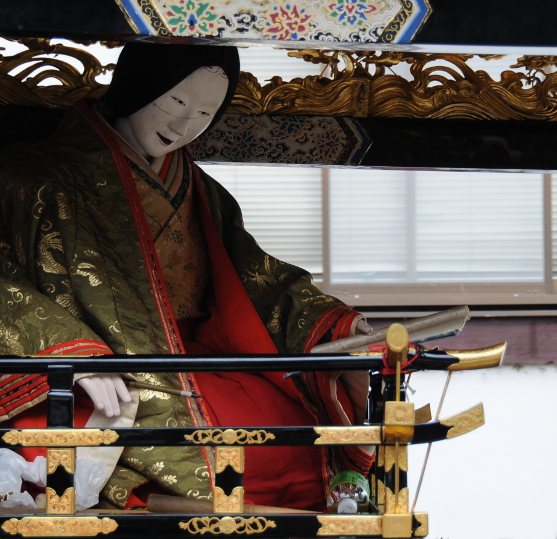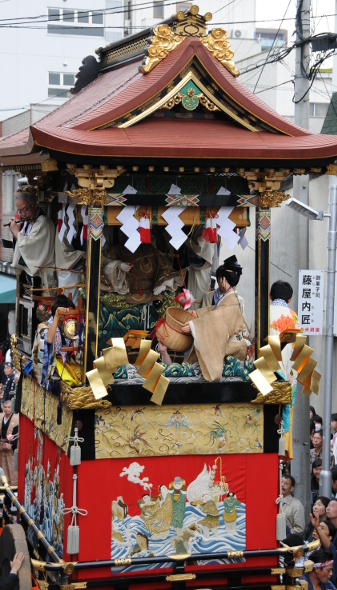 Between all the work for setting up the company and moving and unpacking, I had time to pick up a new hobby: For the last two months or so I have been playing Contract Bridge. For all of you who don’t know what that is: It is a card game for four players – playing together in two pairs across the table – originally adopted from a Russian game by the British.
Between all the work for setting up the company and moving and unpacking, I had time to pick up a new hobby: For the last two months or so I have been playing Contract Bridge. For all of you who don’t know what that is: It is a card game for four players – playing together in two pairs across the table – originally adopted from a Russian game by the British.
What is interesting about it is that it is not so much about luck and not at all about bluffing your way through it, but that all four players have a rough idea about the hands of the others and from there, with elaborate guesswork, each pair tries to take more “tricks” than the other. In the beginning you have to say how many tricks you think you can win, and if you can, you get a number of points, and if you lose, your opponents get points, very roughly speaking.
I find the game intriguing, there are many rules how to tell your partner about your hand, and how far to go in this “bidding” step. It is rather difficult and overwhelming at the beginning, and there are lots of exceptions and special meanings to certain bids; and even playing a certain card later on may tell your partner something about your hand and help him in deciding how to play himself.
The group I am playing with is essentially a bunch of (mostly) old Japanese ladies, who meet in a home in my neighbourhood. Many of them have lived abroad, in countries as different as Canada, the US, China, Myanmar, Australia … and all of them are decidedly un-Japanese in their behaviour and attitude. They are loud and boisterous and funny and open and although I am an introvert and don’t cherish being amongst people very much, I feel very welcome and accepted.
I think I was allowed to actually play the third time I came; I have now played once a week for about two months, and I feel like an idiot, as there is so much to know and learn and I keep forgetting stuff. Still, although I make many mistakes, my partners are very polite and kind and keep praising my efforts a lot. Hence, I shall keep going for the time being and see how long I can learn something. So far, I’m having great fun.




